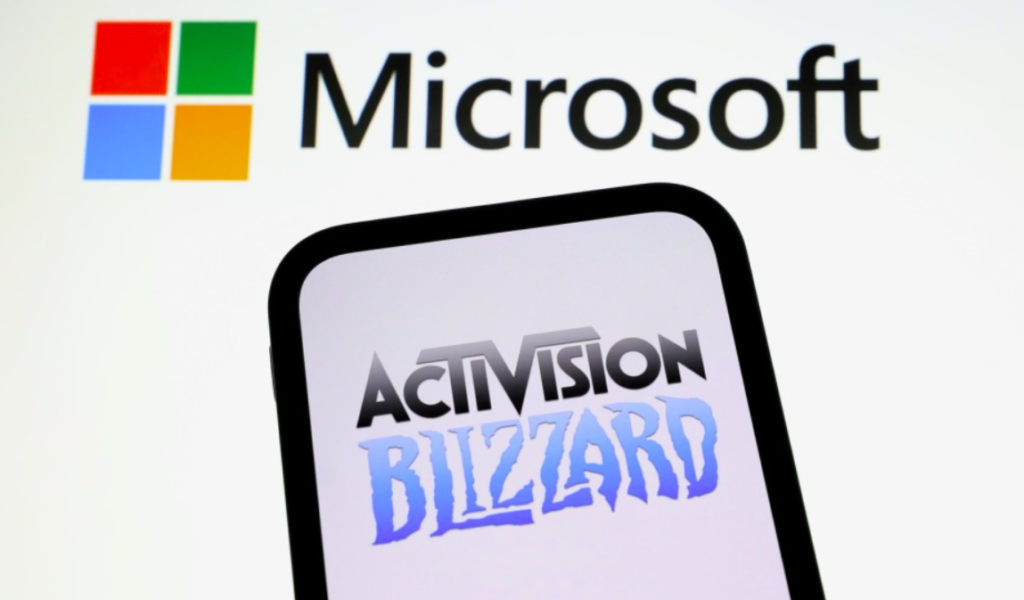
When a judge denied the Federal Trade Commission’s (FTC) request to stop Microsoft from acquiring Activision Blizzard in July, the FTC suffered a blow. The agency declared in its most recent order that it will carry on with the administrative lawsuit against the agreement. It might conceivably compel business adjustments, even though it couldn’t stop Microsoft from finishing it. Still, it will be a difficult battle.
The FTC asserts in the most recent notification that “the public interest warrants that this matter be resolved fully and expeditiously.” This past July, when the case was brought before the US District Court, the FTC had its best opportunity to stop the $69 billion deal, which has been approved by the majority of international regulators. The FTC has appealed Judge Jacqueline Corley’s ruling, which stated that the agreement will not “substantially lessen competition” in the gaming industry.
The FTC is now relying solely on the administrative procedure, which is an internal decision-making process that is unable to halt the purchase. Since there is no tactful hedging in the response, the parties appear to believe that this attempt will fail. “Our main objective is collaborating with Microsoft to reach a closure,” an Activision representative informed Thurrott.com. “The FTC makes the decision about how to use the limited tax dollars. We remain optimistic that the acquisition will be completed by October 18 and are fully confident in our position and the advantages it will bring to the gaming community and competition.”
Microsoft had originally hoped to complete the acquisition by July 18, but it had to postpone that date after giving the FTC a legal scolding. Although there is still an appeal pending, it appears that the FTC is content to allow the sale to proceed. The administrative hearing is scheduled for 21 days following the Ninth Circuit appeals court’s release of the appeal ruling, per the order (PDF).
The FTC has very little chance of halting the agreement given Microsoft’s resolve to complete it. The agency could compel Microsoft to sell assets through the administrative process in order to increase market competition. It is unlikely, though, that Microsoft will be forced to discontinue Activision Blizzard completely. In response to regulatory resistance, Microsoft has already offered 10-year streaming agreements, pledged to release Call of Duty across various platforms (again, for ten years), and sold Ubisoft the Activision cloud gaming rights.
Activision Blizzard’s acquisition by Microsoft is most likely still weeks away, notwithstanding the FTC’s ruling. Microsoft’s latest acquisition of a significant gaming company is its second, surpassing its $7.5 billion acquisition of ZeniMax, the parent company of Bethesda. The new space RPG Starfield is only available on Microsoft thanks to that deal, and the future Elder Scrolls VI will have similar restrictions. More exclusive games for Microsoft platforms would result from this Activision Blizzard merger, even if Microsoft had to curry favor with regulators to get it. Microsoft will only be able to stop losing at consoles in this way.